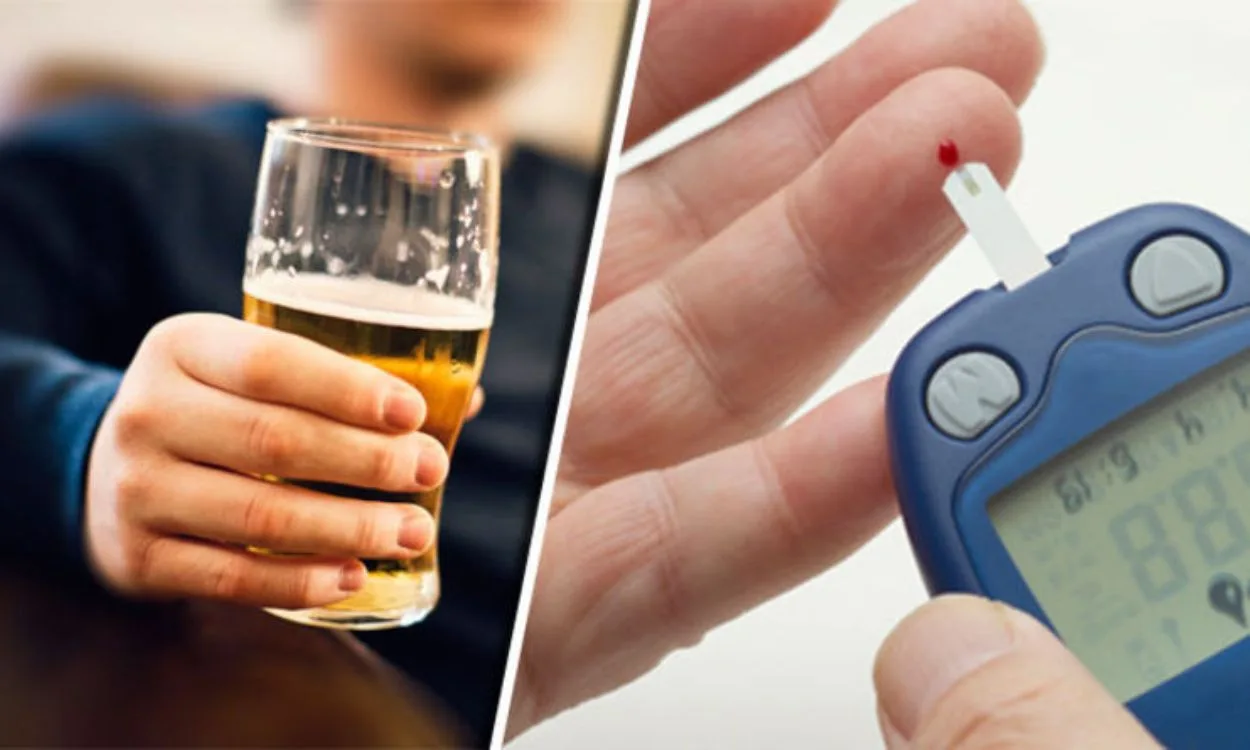What are the Risks of Drinking Alcohol if I Have Diabetes? Stay Informed and Take Control of Your Health
Introduction:
Living with diabetes requires careful attention to lifestyle choices, including diet and exercise. One question that often arises is whether it is safe to consume alcohol. This article aims to provide you with a detailed understanding of the risks associated with drinking alcohol if you have diabetes. By being well-informed, you can make the best decisions for your health and well-being.
Understanding Diabetes and Alcohol:
Diabetes is a chronic condition characterized by high blood sugar levels. It can be caused by either insufficient insulin production or the body’s inability to effectively use insulin. Alcohol consumption can significantly impact blood sugar levels and pose various risks. It is crucial to be aware of these risks and take appropriate measures to manage your diabetes effectively.
1. Hypoglycemia (Low Blood Sugar):
Alcohol can cause your blood sugar levels to drop rapidly, leading to hypoglycemia. This is especially true for those taking specific diabetes medications, like insulin or sulfonylureas, which can enhance the hypoglycemic effects of alcohol. Symptoms of hypoglycemia include dizziness, confusion, shakiness, and even loss of consciousness. To prevent hypoglycemia, it is essential to monitor your blood sugar closely and consume alcohol in moderation, if at all.
2. Weight Gain:
Alcoholic beverages are often high in calories and can contribute to weight gain. Maintaining a healthy weight is crucial for managing diabetes, as excess weight can make insulin less effective and increase the risk of complications. Opt for lower-calorie options, such as light beer or dry wine, and limit your overall alcohol intake to avoid unwanted weight gain.
3. Interference with Medications:
Alcohol can interact with certain diabetes medications, potentially rendering them less effective or increasing their side effects. It is important to consult with your healthcare provider about the specific medications you are taking and whether they are safe to consume alongside alcohol. In some cases, your doctor may advise against alcohol consumption altogether.
4. Liver Damage:
Both diabetes and excessive alcohol consumption can independently contribute to liver damage. When combined, the risk is even higher. If you have diabetes, your liver may already be under strain to process glucose efficiently. Adding alcohol to the mix can further burden your liver. This can lead to long-term complications and a higher risk of developing liver diseases.
5. Impaired Judgment and Increased Risk of Hypoglycemia:
Drinking alcohol can impair judgment and affect decision-making abilities. This can make it challenging to manage your diabetes effectively, leading to a higher risk of hypoglycemia or failing to recognize its symptoms. It is crucial to monitor your blood sugar levels closely and be mindful of your alcohol consumption to avoid dangerous situations.
Maintaining a Healthy Lifestyle with Fitpaa:
At Fitpaa, we understand the importance of maintaining a healthy lifestyle, especially for individuals with diabetes. Our purpose is to help people achieve their health and fitness goals, and we offer a comprehensive approach to overall well-being. If you’re ready to take control of your diabetes management and embrace a healthier lifestyle, the Fitpaa app can be a valuable tool.
Fitpaa offers personalized fitness plans, nutrition guidance, and real-time support from a team of experts, including fitness coaches, nutritionists, and doctors. With our advanced technology and state-of-the-art research, you can optimize your metabolism and achieve your health and fitness goals with a 100% guarantee. Our app provides tools like a virtual workout trainer, diet tracker, performance tracking, progress monitoring, and much more, making it easier to follow your personalized Fitpaa Capsule.
Conclusion:
When managing diabetes, it is essential to be aware of the risks associated with alcohol consumption. Alcohol can impact blood sugar levels, interfere with medications, contribute to weight gain, and pose risks to liver health. By making informed decisions and monitoring your blood sugar levels closely, you can navigate the potential risks and maintain a healthy lifestyle.
If you’re looking for a comprehensive solution to support your diabetes management and overall well-being, Fitpaa is here to help. Download the Fitpaa app today to embark on a journey towards better health and achieve your fitness goals with guaranteed results. Your well-being is our mission!









